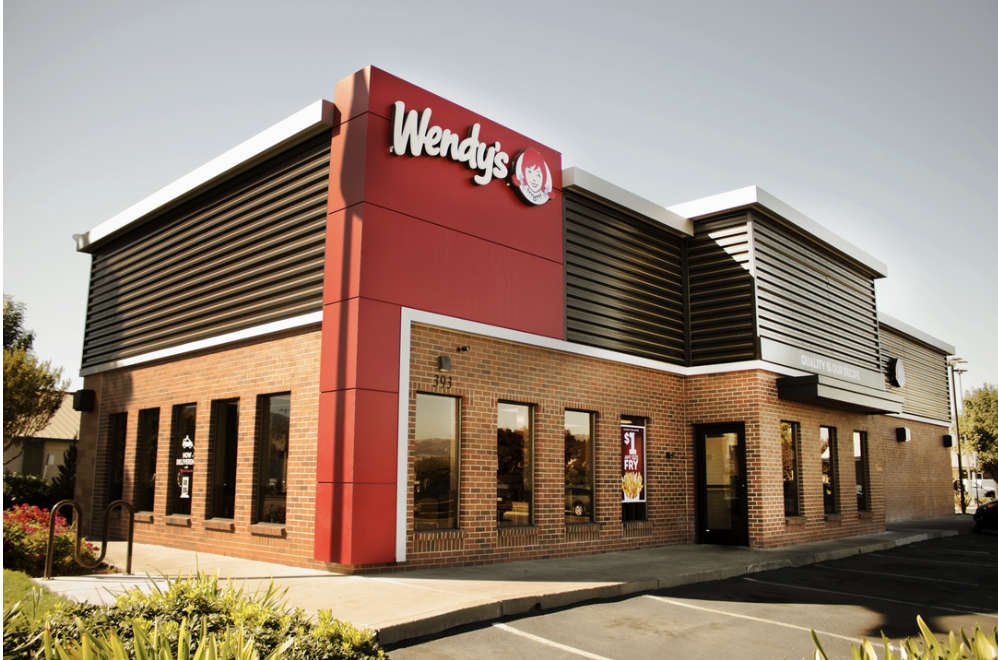What is a triple net lease? This is a type of lease agreement in which the tenant, or lessee, agrees to pay all property taxes, insurance and maintenance costs associated with the property. Triple net leases are common in commercial real estate transactions, and can be an attractive option for both landlords and tenants. Here’s everything you need to know about triple net leases:
For tenants, triple net leases can offer the stability of predictable monthly expenses, as well as the potential for long-term savings if the property is well-maintained. For landlords, triple net leases can provide a hands-off approach to property management, as well as a steadier stream of income.
Before entering into a triple net properties for sale agreement, it’s important to understand the responsibilities of both the landlord and the tenant. Landlords should be clear about what costs are included in the lease agreement, and tenants should be aware of their obligations under the agreement. With a clear understanding of the terms of the agreement, both landlords and tenants can benefit from a triple net lease arrangement.
The benefits of investing in triple net properties compared to other investment options
There are a number of benefits that come with investing in triple net properties, especially when compared to other investment options. For starters, triple net properties offer a much higher return on investment (ROI) than most other types of investment property.
In addition, triple net lease for sale tends to be much more stable and predictable in terms of cash flow and income potential.
Lastly, triple net lease agreements often have built-in provisions that protect the tenant from many common risks associated with other types of leases, such as default or early termination. Overall, investing in triple net properties can be a great way to secure a strong financial future.
How to get started with triple net lease
If you’re thinking of investing in triple net lease properties, there are a few things you need to know before getting started. Here’s a quick guide to help you get started:
- triple net lease properties for sale are typically commercial buildings, such as office buildings or retail space.
- The lessee is responsible for all expenses related to the property, including taxes, insurance, and repairs.
- Triple net leases usually have longer terms than other types of leases, so it’s important to choose a property that you’re confident will remain leased for the duration of the lease.
- You’ll need to do your homework on the property and the lessee before signing a triple net lease agreement. Be sure to understand all the terms and conditions of the lease, and be sure that the property is a good investment for you.
- Once you’ve found a triple net lease property that you’re interested in, it’s time to negotiate the terms of the lease. Be sure to get everything in writing, and be prepared to walk away from the deal if it’s not a good fit for you.
Keep these things in mind when you are ready to invest in them
There are a few more things to keep in mind when you’re thinking about investing in triple net lease properties:
- It’s important to have realistic expectations for the property. Just because a property is leased doesn’t mean it will be easy to sell or rent when the time comes.
- You’ll need to factor in the cost of repairs and maintenance when you’re evaluating a triple net lease property. These costs can add up quickly, so it’s important to make sure they’re factored into your overall investment strategy.
- Be prepared for the possibility that the lessee may default on their lease agreement. If this happens, you could be responsible for paying the remainder of the lease, so it’s important to have a backup plan in place.
- Make sure you understand the tax implications of investing in triple net lease properties. There may be some tax benefits, but there could also be some disadvantages. Be sure to talk to a tax advisor before making any decisions.
- And finally, remember that triple net lease properties are not for everyone. If you’re not comfortable with the risks involved, it’s probably best to stick with other types of investments


